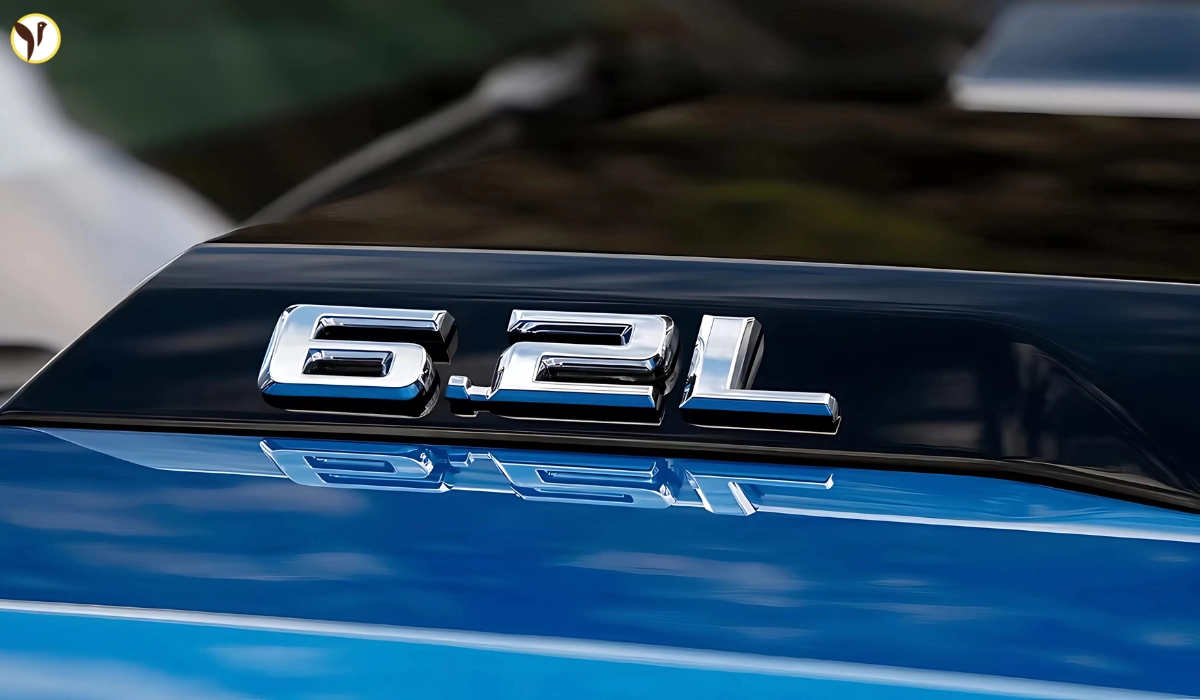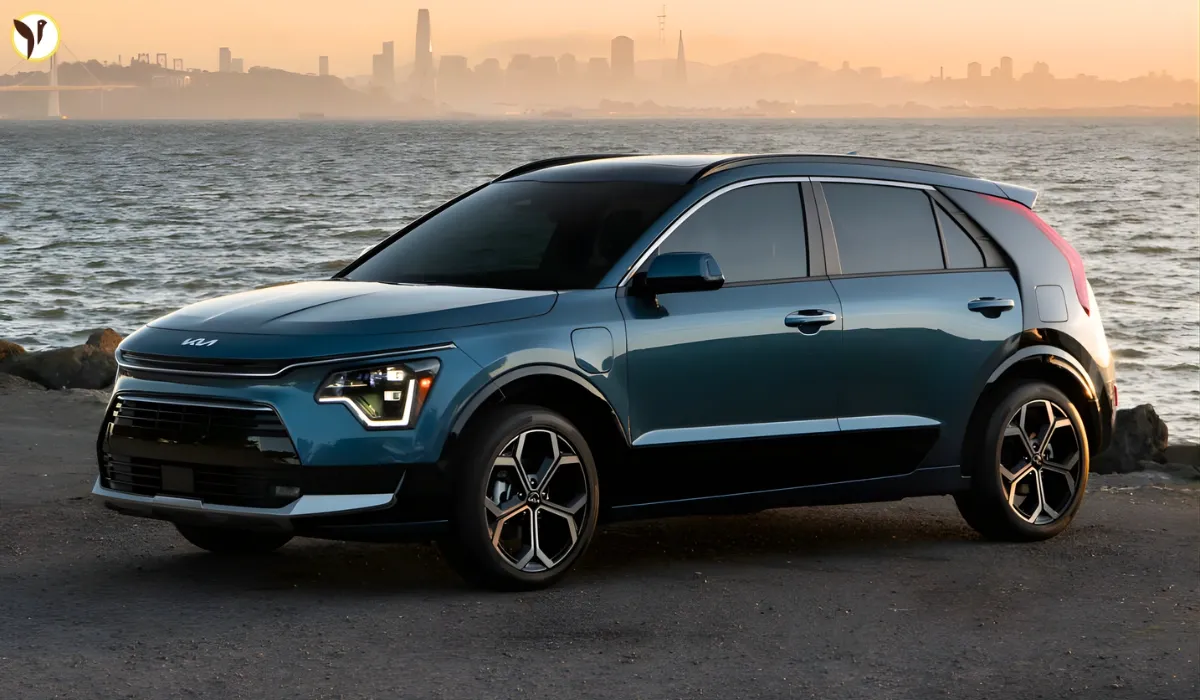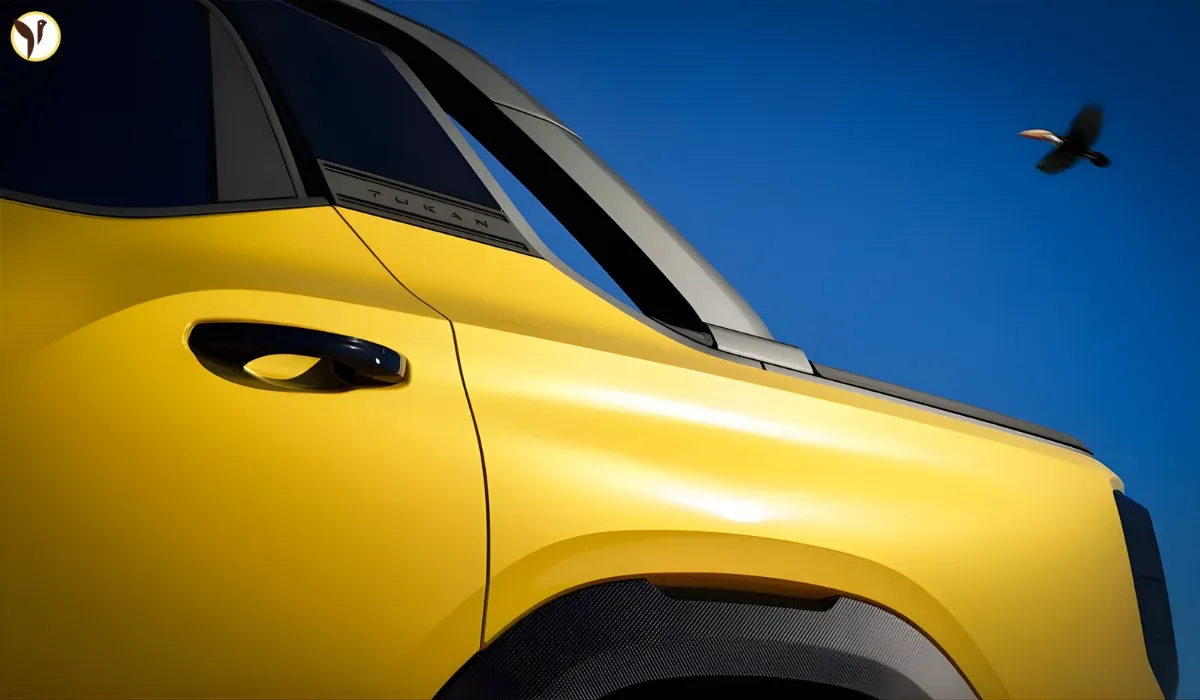General Motors is back in the news, but not for a new SUV launch but a class action lawsuit, contending an oil change will not cure the issue of its 6.2L V8 engines. Owners of Cadillacs, Silverados, Terrains, and Yukons are irate, claiming GM’s proposed fix-- thicker oil and a new filter--is not going to prevent engines from ceasing function without warning at very unsafe circumstances, including mid-drive. And in many cases, the risk is too great.
This lawsuit goes beyond lemons; it warns of potential engine failure, loss of power, and stall outs. With over a half million vehicles at stake, GM is under pressure from regulators and consumers to not just change an oil.
What’s Actually Wrong Under the Hood?
The fundamental issue has to do with something unique to the engine, such as rod bearings and more on crankshaft specifications, which underwent some formal quality control during manufacturing. GM's recall is broad, covering almost 600,000 trucks and SUVs, including Escalades, Suburbans, Silverados, Tahoe, Sierra, or Yukon types at GM from 2019 -2024; but the remediation? Diagnostic scans, a thicker oil (0W‑40), and a more robust oil cap. Owners and lawyers described that the plan is putting a band-aid on a broken leg. They contend that if not changed when necessary, an engine could fail at some point, even if "it passes" inspection. The net result of a GM engine failure could be a mere inconvenience of being stranded or being a factor in a high-speed accident on the highway. GM is being characterized as only providing an intervention that is “skin-deep,” at best.
Why Owners Are Fighting Back
The plaintiffs in the suit have compelling arguments:
- They argue that GM was aware of the defects before it sold these vehicles to consumers but did not alert them.
- Most drivers won't receive a new engine, only thicker oil, putting them at risk.
- Could thicker oil cut fuel economy by 3–4% and cause drivers to spend more on gas?
- In addition to safety risks, the owner could lose value because engine issues lower resale prices.
An angry owner of an Escalade claimed to have experienced a sudden "catastrophic failure" while he was on a road trip—scary stuff. A dealer could identify a faulty engine with a P0016 error code, but if the vehicle does not indicate a P0016 code, it gets another oil change. The plaintiffs state this is "inadequate" and want to require complete engine replacements when appropriate.
Who’s at Risk? See If You’re Covered
| Model | Year Range | Engine Type |
| Cadillac Escalade/ESV | 2021–2024 | 6.2L V8 L87 |
| Chevy Silverado 1500 | 2019–2024 | 6.2L V8 |
| Chevy Tahoe/Suburban | 2021–2024 | 6.2L V8 |
| GMC Sierra 1500 | 2019–2024 | 6.2L V8 |
| GMC Yukon/Yukon XL | 2021–2024 | 6.2L V8 |
Conclusion
The GM V8 case is not merely a recall; it is a wake-up call to the auto industry. While GM's immediate oil change fix might satisfy all the liability requirements, it does nothing to solve the fundamental flaw of using engine parts that were not manufactured to safe standards. For owners, the perils include engine failure, diminished resale value, safety issues, and increased fuel costs. Whether this becomes a substantial victory for consumers or just another public relations blunder for GM is dependent upon what steps the courts take next.
Source(Image / Thumbnail): carbuzz









